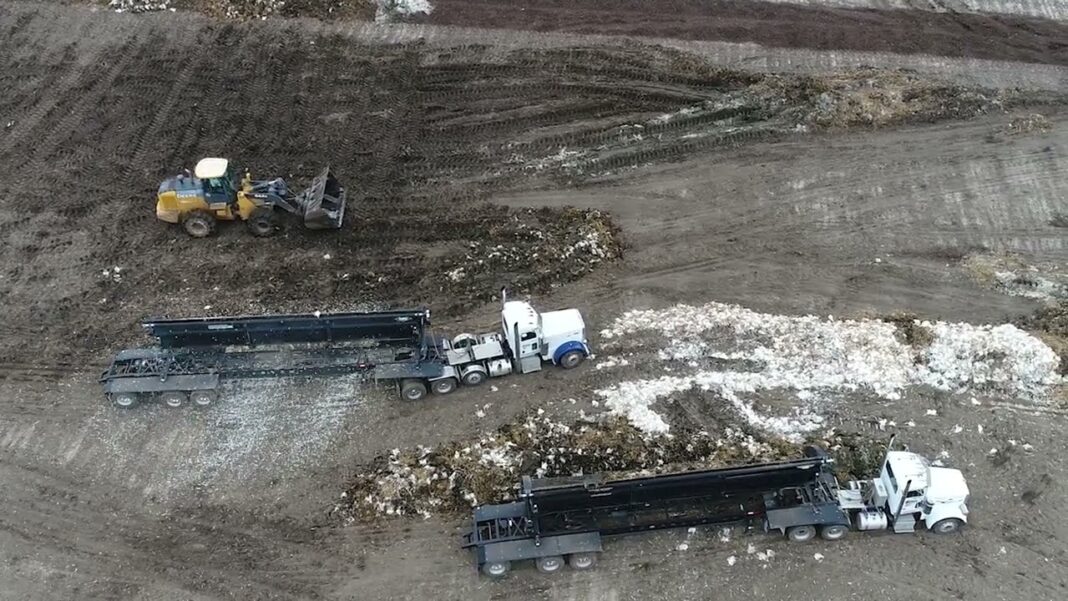
Teal Drones gave a rare, behind-the-scenes tour of its factory, which recently was selected to produce thousands of short-range drones for the Army.
SALT LAKE CITY—Inside a brick building near the snow-covered Wasatch Mountains, dozens of technicians sit at workstations and carefully calibrate high-tech gadgetry with a giant American flag as their backdrop.
“‘I’m building a product that’s going to save somebody’—that’s the mantra here,” Jim Cory, senior director of product line management for Teal Drones, told The Epoch Times.
The company specializes in small drones that U.S. military, firefighters, police, and border patrol agents use.
In recent years, Teal and other American drone makers have received major boosts as the U.S. government—along with some state and local agencies—have banned or restricted the use of Chinese-made drones that dominate global markets. Officials cite concerns that the Chinese Communist Party could extract sensitive national security information from the devices.
As sophisticated “eyes in the sky,” the drones’ cameras provide real-time images to help defense and public safety personnel. The drones allow these professionals to assess dangerous situations from a distance.
Although Teal’s drones mainly have been used for defensive purposes, some versions of these unmanned aircraft can be used for targeted strikes against enemies. And they can be recruited for many other purposes, including aerospace research, bridge inspections, construction projects, and ranch management.
In the wake of “mystery drone” sightings that piqued public interest in late 2024, Teal’s company leaders explained how drones are made and provided a tour of Teal’s factory floor. They also outlined how the company and its designs have evolved to meet the needs of users, particularly those dedicated to protecting America and its allies.
A Decade of Innovation
Company founder George Matus, the son of a flight attendant, had always been fascinated with flying. So he started tinkering with drones and started his own company in 2014, when he was just 17.
The next year, he won a $100,000 fellowship from entrepreneur Peter Thiel’s foundation. Matus changed his company’s name from iDrone to Teal—a name that sounds like “Thiel” and also evokes images of the green-winged teal, a swift, agile migratory bird sometimes spotted in Utah.
By Janice Hisle





